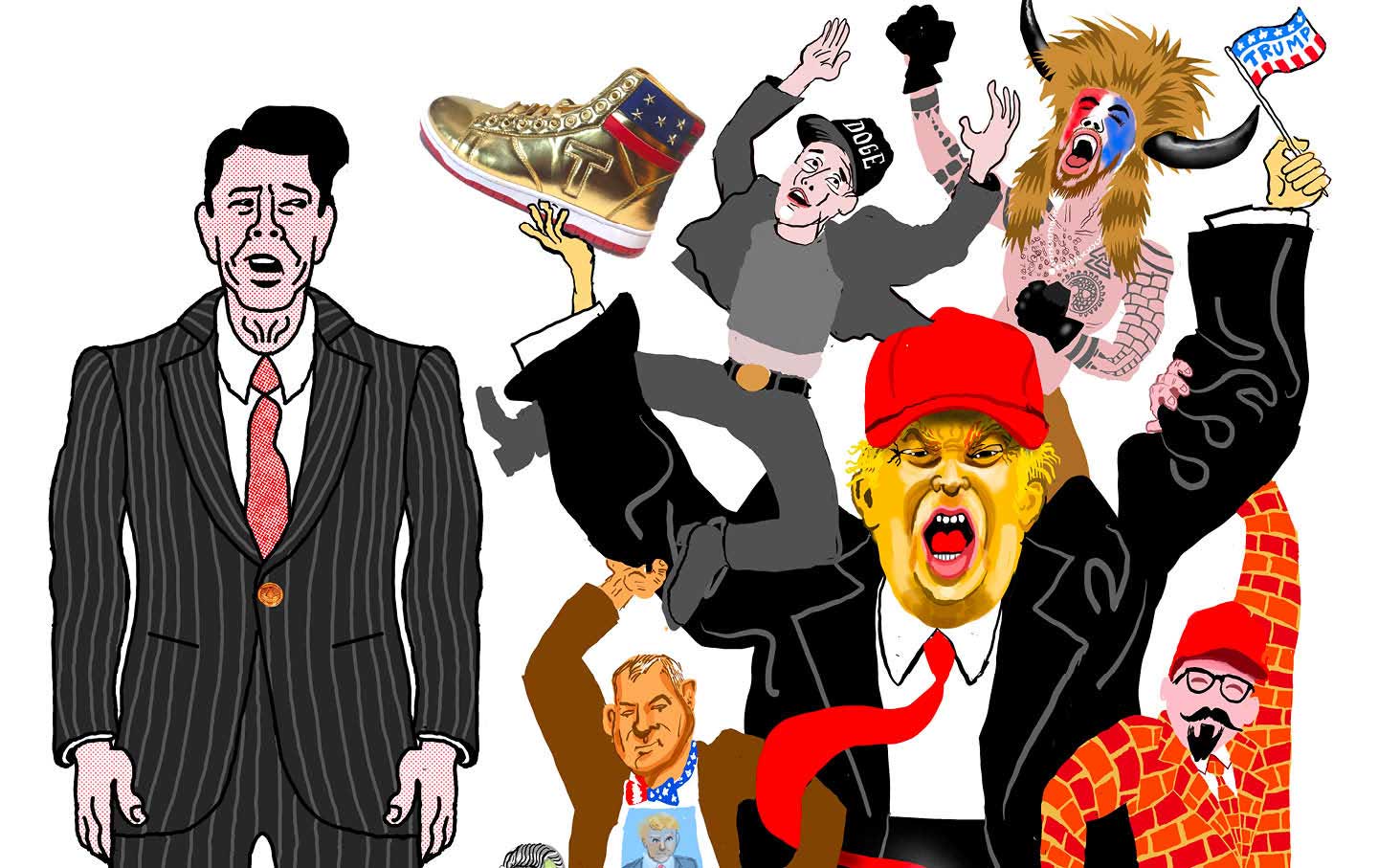From reactive accountability to positive reform.
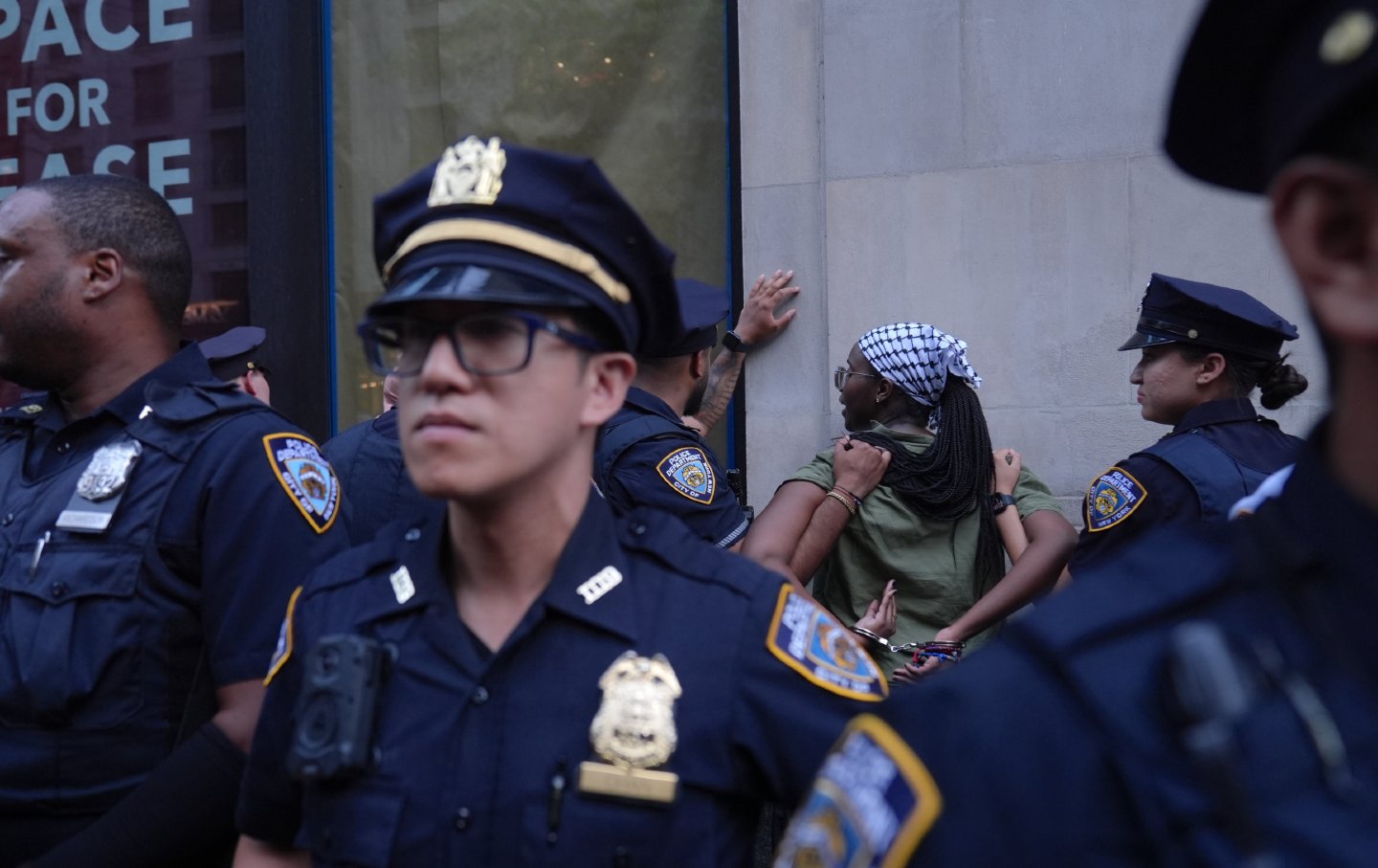
After the world enjoyed George Floyd die under Derek Chauvin’s knee in 2020, protesters flooded the roads and hopes soared for real reform. Five years later on, murders by police have really increased — particularly of Black Americans. Minneapolis’s cops chief, Brian O’Hara, calls Floyd’s death an “open injury.” His obstacle, shared by divisions nationwide, is not only just how to penalize after catastrophe but how to stop the following George Floyd or Tire Nichols.
Lots of in the Black community require a different type of justice: one that is aggressive in avoiding the criminal activities against Black people. As the Rev. William Barber and Jonathan Wilson-Hartgrove created , “Accountability for Mr. Floyd’s murder is not justice.” Justice requires avoidance. Elie Mystal needs a concrete plan, placing it a lot more bluntly, to “stop the police officers from shooting us.”
Because George Floyd’s murder, calls have actually expanded louder for accountability– important but incomplete. Yes, we definitely require to hold officers responsible and guarantee that officers are penalized for misbehavior. Yet responsibility is reactive– it comes only after a misfortune. Seldom does it drive avoidance of the following misfortune. In fact, the threat of being sanctioned commonly produces villainous motivations– driving workers to hide misconduct that helps explain why penalty alone fails to prevent the extreme use of force.
Fortunately, a feasible option exists. By creating a reward-based society that worths neighborhood participants and relaxes unpredictable situations, departments can boost public safety. This technique might be utilized to get over a predictable negative effects of punishment– concealing extreme force by existing, misdirecting, or filing insufficient or imprecise records.
A similar instance was encountered in firms with “three strike” plans, punishing employees for having mishaps. Employees in danger of being sanctioned reacted by concealing their injuries– the “bloody pockets” phenomenon– fearing they’ll be terminated for coverage. Once supervisors started to behaviorally specify, measure, and enhance safe habits (like “lifting with legs, not backs”), security methods considerably enhanced and injuries declined. This isn’t hypothetical. A 1999 meta-analysis of 73 appropriate real-world experiments located office mishaps went down 26 percent in the very first year– and 69 percent by year 5– when supervisors acknowledged employees for wanted safety and security performance.
The Camden Area Cops Department in New Jersey prevents this catch by utilizing body cameras not to punish yet to compensate. Chief Gabriel Rodriguez and his managers” testimonial bodycam video day-to-day — not just to flag violations however to determine and commemorate good policing. Policemans are openly complimented for de-escalating hazardous experiences, including one where a knife-wielding suspect was controlled without damage: “They got him great. And they got him alive.”
A lot of authorities divisions utilize body cams to capture misbehavior. Camden uses them to acknowledge de-escalation abilities: structure connection (” Hey bro, what’s your name?”), requiring time to make certain that no person gets hurt, soothing troubled individuals: “Breathe. That’s it. You have actually got this.” “Also if you get every little thing warranted and appropriate,” Rodriguez said , we still bring you in to view your video clips “because we desire you to do much better.”
“No person ought to get drawn over for a traffic infraction and not make it home to their family members,” said Rodriguez after the deadly pounding of Tire Nichols. For a years, Camden has promoted a department-wide objective: the solemnity of life. Camden policemans know success means suspects and police officers alike get home safely.
Just as strengthening security habits reduced workplace accidents by 69 percent, issues plunged when Camden supervisors reinforced de-escalation. As reported in the ABA Journal in 2021, too much force grievances went down from 65 in 2014 to simply 3 in 2020
Camden reveals what occurs when body cam video is used to identify officers. In Minneapolis, by contrast, O’Hara regreted just how infrequently “caring and compassion” is highlighted– like policemans, who shared their experience in an uncommon Facebook message , assisting an injured man call his family members and, as envisioned, re-filling his canines’ water bowls.
Currently imagine if O’Hara and his department might routinely share bodycam videos catching the nuanced, kindhearted methods police officers worth community participants. See what you think about this video clip (” APD Policeman Makes Use Of Crisis Intervention Training to Aid Guy Experiencing Psychological Crisis”). Watch the Atlanta policeman’s strategy, just how he positions himself, the tone he uses– as he encourages a hesitant guy to approve help and go to the healthcare facility. Highlighting such footage could supply officers real-life designs of de-escalation and motivate them to do far better.
Given that Camden is the only documented law enforcement situation, some may disregard it as a one-off. However the underlying concept– that what gets recognized obtains duplicated– is universal. Over four years of research in greater than 100 well-controlled experiments have actually shown that reinforcement functions throughout settings: from decreasing accidents in risky offices to enhancing the play execution of a youth football group. To move focus from winning to finding out, young people football trainer Fred Barnett broke plays into five critical stages– from the center-quarterback exchange to the quarterback’s final activity in the option play. Trainers enjoyed from the sidelines, inspecting phases finished for players to see. With this behavior-based responses, play implementation climbed 20 percent, while mistakes went down. Also after video games won, players usually talked about the details of the stages, targeting ones still requiring improvement. The lesson is clear: When positive conduct is tracked and rewarded, it expands.
However, most department dashboards track just criminal offense stats, apprehensions, and authorities failures: excessive pressure records, resident problems. No mention is made concerning favorable police efficiency. If control panels added competent de-escalation, it would certainly aid to change the authorities society.
To address that gap, I established a behavior-based grading system for de-escalation, utilizing openly readily available video clips. The rubric analyzes exactly how well officers manage experiences based on their ability to relax, pay attention, and resolve safely. To take into consideration varying interactions, grading was readjusted for certified, opposing, attacking, and harmful subjects. Here’s a simplified version assessing exactly how officers are taking care of an assaulting subject:
* AAA: Repeated de-escalation, active listening, safe resolution
* AA: De-escalation, listening, risk-free resolution
* A: De-escalation and secure resolution
* B: De-escalation or risk-free resolution
* C: No de-escalation or acceleration
* D: Acceleration: hurrying, swaggering, or taking the chance of subject injury throughout handcuffing
* F: Escalation: utilizing unneeded or too much force on a non-attacking subject
See this video (” Man Attempts to Attack Police Officer With Needle During Apprehension”), with the above rating system in hand. Choose what grade these Burlington, Vermont, policemans should earn when dealing with this aggressive guy, who’s desired on a warrant, prior to and then after cuffing him.
Applied department-wide, this statistics would allow cities to include de-escalation success to their control panels. Police and the public can after that adhere to regular monthly progress in time.
Departments can institutionalise this enhancement by developing a “benefit facility” to assess sent video footage. Officers (or partners) could send two clips monthly, showcasing policemans’ notable interactions. The video would certainly be rated using a fair, collective process. Police officers and community members would certainly be welcomed to choose impressive videos to be shown to the neighborhood.
Popular
“swipe left below to see even more writers” Swipe →
On an internal dashboard, performance would be damaged down by district, change, manager, and policeman. To help with understanding, policemans would certainly have the ability to download their rankings with their videos. Best of all, standout video footage could be shown at roll phone call and CompStat conferences. Envision playing this clip (” Policemans quit fellow officer punching handcuffed female throughout arrest”) and just how officers could react to seeing 2 LAPD policemans action in to step in– minutes that might have conserved a life. Control panel outcomes would certainly be upgraded twice monthly so supervisors can acknowledge policemans in real time and utilize the scores when making promo choices. Police officers that excel at maintaining life would increase in the rankings.
Skeptics ask whether such a reward-based system might have stopped Derek Chauvin. Nobody can know for specific. However envision Chauvin steeped in a culture where solemnity of life was necessary. Where every policeman submitted bodycam clips two times a month for value review. Where policemans routinely watched peer video commemorating effective de-escalations. Where promo required repeated evidence of life-preserving know-how. Chauvin could never have become an area training policeman– or could have needed to create skills allowing Floyd to go home that evening. Just as crucial, suppose Chauvin’s fellow police officers had been installed in a society that valued actioning in– and consistently viewed videos of peers stopping too much force? Possibly several police officers would have intervened, saving George Floyd’s life.
A reward-based culture isn’t a remedy. However it’s a significant, evidence-backed action toward safeguarding Black lives. Crucially, it’s not a denial of accountability however a rebalancing. Noncombatant Problem Review Boards and interior evaluations that investigate and impose penalties for misconduct will still be crucial. Yet why quit at documenting misbehavior? Areas and divisions can additionally track– and benefit– what’s done well.
The best method to recognize George Floyd and Tyre Nichols is not by penalizing those that failed them. It’s by being positive and preventing the following catastrophe. A various sort of justice is within reach– one that gauges what issues, compensates what works, and helps make sure that everybody gets home securely.
Donald Trump wants us to accept the current state of affairs without making a scene. He wants us to think that if we resist, he will bother us, sue us, and cut funding for those we appreciate; he may sic ICE, the FBI, or the National Guard on us.
We’re sorry to disappoint, however the fact is this: The Country won’t back down to a tyrannical routine. Not currently, never.
Every day, week after week, we will continue to release really independent journalism that subjects the Trump management wherefore it is and develops ways to fumble its equipment of repression.
We do this through exceptional coverage of battle and peace, the labor activity, the environment emergency, reproductive justice, AI, corruption, crypto, and far more.
Our acclaimed authors, consisting of Elie Mystal , Mohammed Mhawish , Chris Lehmann , Joan Walsh , John Nichols , Jeet Heer, Kate Wagner , Kaveh Akbar , John Ganz , Breeze Teachout , Viet Thanh Nguyen , Kali Holloway , Gregg Gonsalves , Amy Littlefield , Michael T. Klare, and Dave Zirin , initiate ideas and gas progressive activities across the country.
With no business passions or billionaire owners behind us, we require your help to money this journalism. The most effective way you can add is with a persisting donation that lets us recognize you’re behind us for the long fight ahead.
We need to include 100 new sustaining donors to The Nation this September. If you step up with a month-to-month contribution of $ 10 or extra, you’ll get a distinctive Nation pin to acknowledge your very useful support for the cost-free press.
Forward,
Katrina vanden Heuvel
Editor and Author, The Country
Much more from The Nation

The anonymity of the Internet makes all of us prone to being tricked– and it’s making us depend on each other much less.
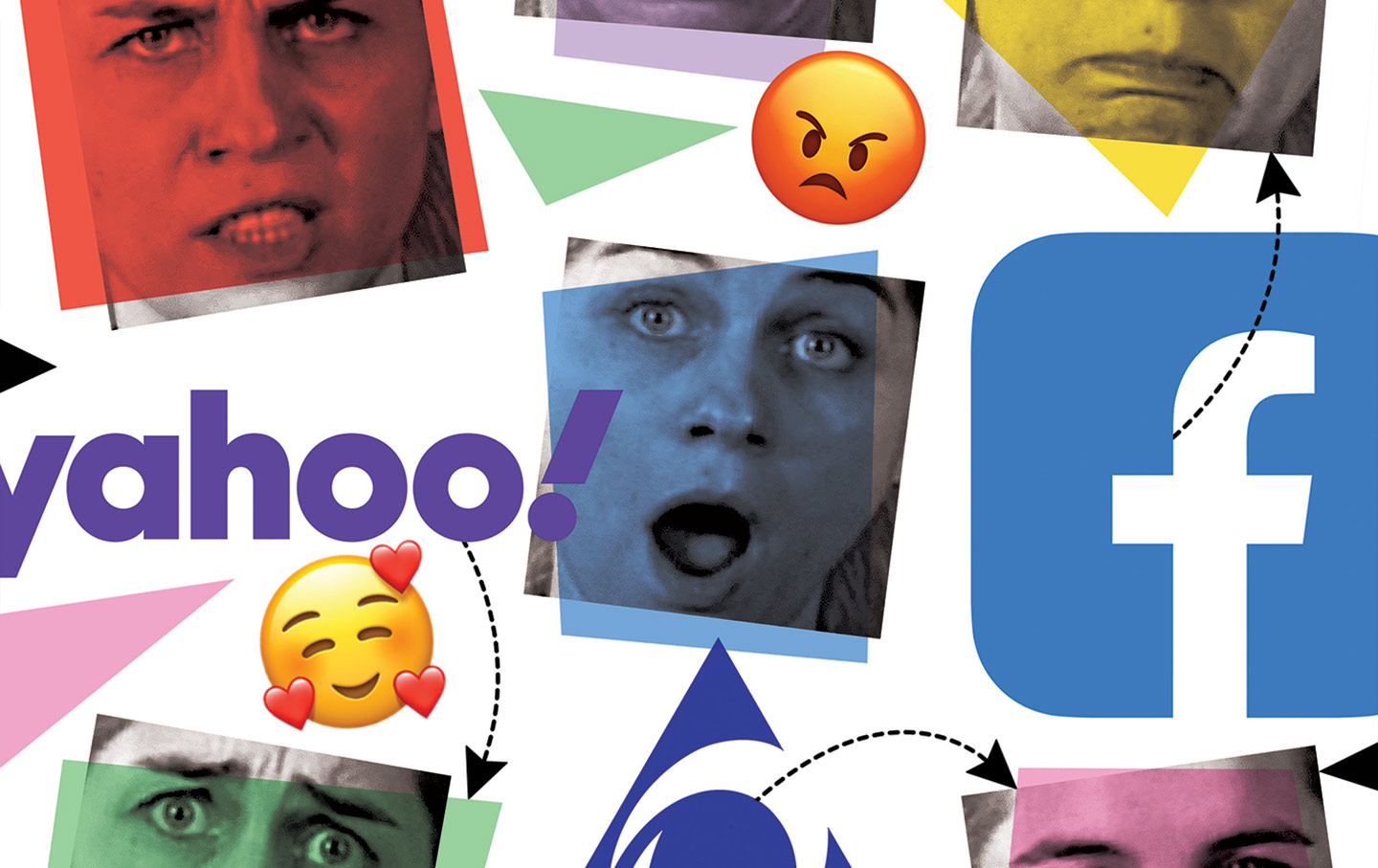
In Searches, Vauhini Vara probes the manner ins which we count on the Net and just how we regularly attempt to release ourselves from its grip.
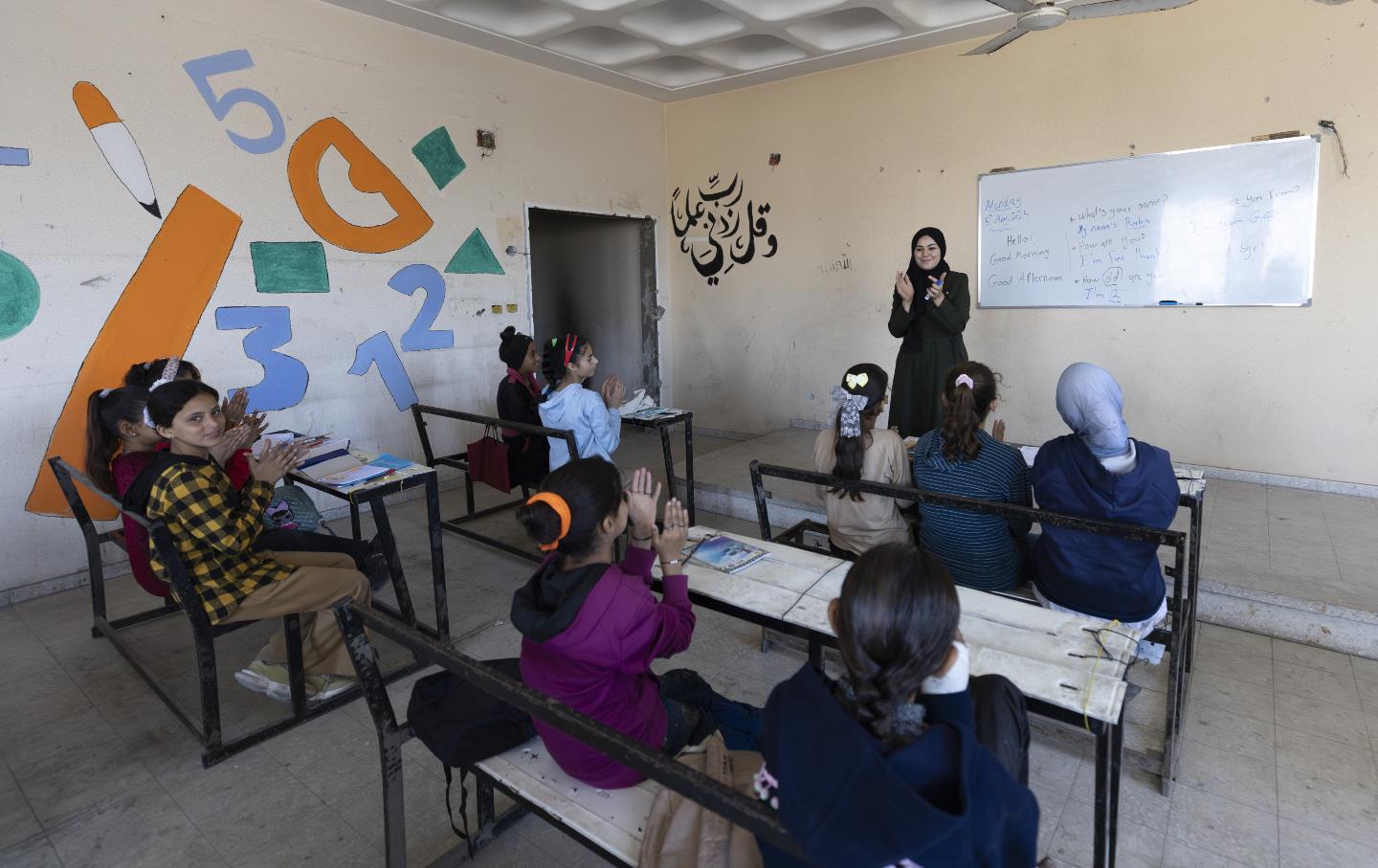
Hours when used to compose essays or prepare for examinations are now spent waiting eligible food and water. However several trainees still cling to their books and laptops.
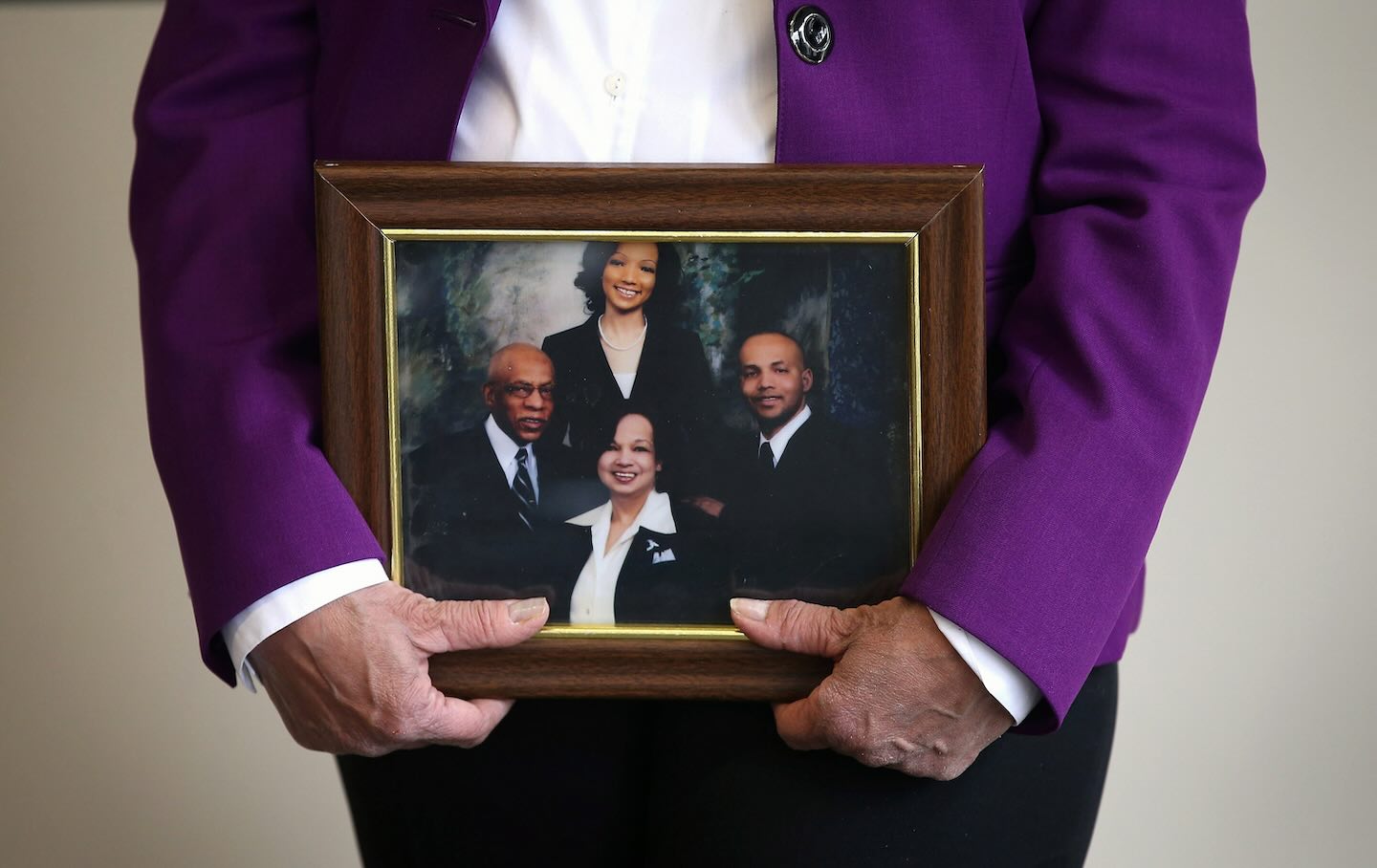
The Pulitzer Prize– and Emmy Honor– winning reporter recounts a tale of hope and heartbreak on the South Side of Chicago.


